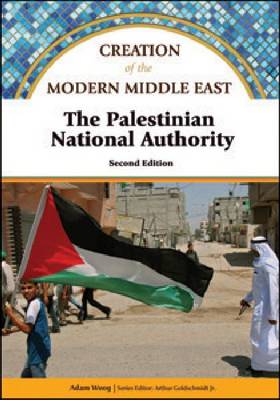Creation of the Modern Middle East
2 total works
For more than 4,000 years, the land known as Syria was marched over, sacked, and occupied by soldiers of many empires of the world. In 1516, Syria became part of the vast Ottoman Empire of the Turks. After the Ottomans' defeat in World War I, Syria came under the authority of France. In 1946, Syria gained its independence, but began several decades of unstable government that ended with the election of Hafez Assad as president in 1970. His son Bashar Assad became his unlikely successor in 2000 and is credited with bringing his country into the 21st century. Today, Syria has been criticized for its influence in Lebanese affairs and for its suspected terrorist funding.
For more than 50 years, the conflict between the Palestinians and the Israelis in their fight for land about the size of Vermont has demanded constant media attention throughout the world. The Palestinian National Authority was created in the hopes of negotiating a permanent Palestinian government and peace between two groups that have historically been at odds.Created in 1994 to govern Palestinian-populated areas of the West Bank and Gaza Strip, the PNA is an autonomous organization with complete control over civil matters in Palestinian areas, but shares powers relating to government affairs. After the death of PNA president Yasir Arafat in 2004, then-Israeli Prime Minister Ariel Sharon began a unilateral disengagement from the Gaza Strip. Shortly thereafter, Hamas, a group viewed as a terrorist organization by the West, was victorious in the Palestinian legislative elections, replacing Fatah as the leading party of the Palestinian people.

